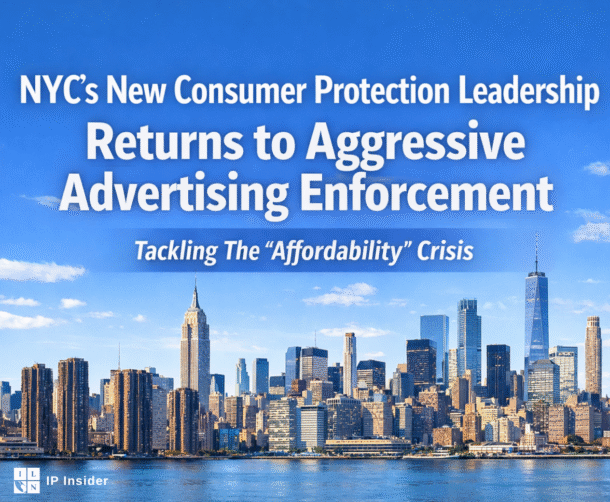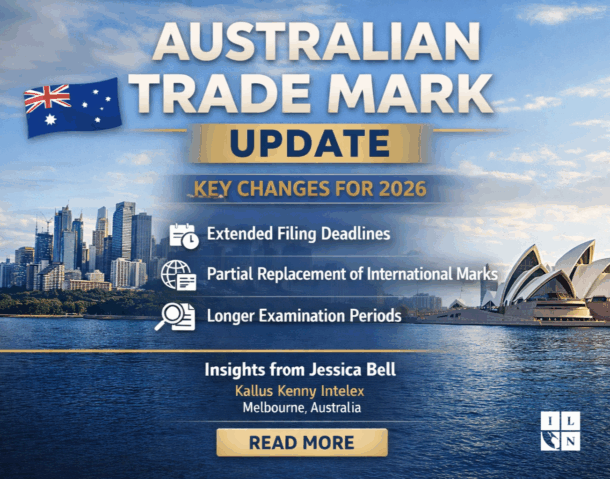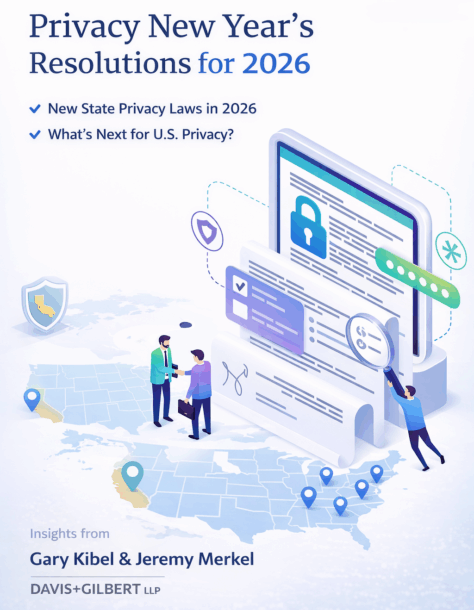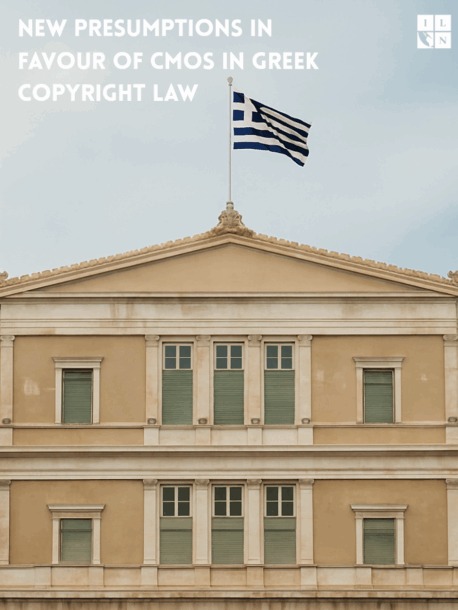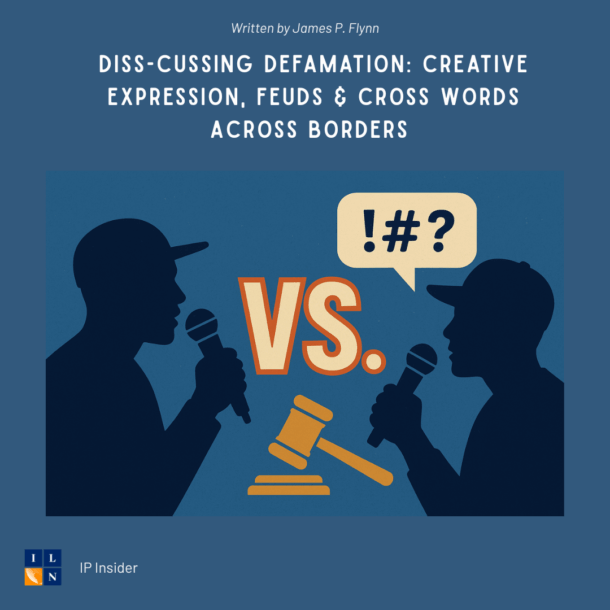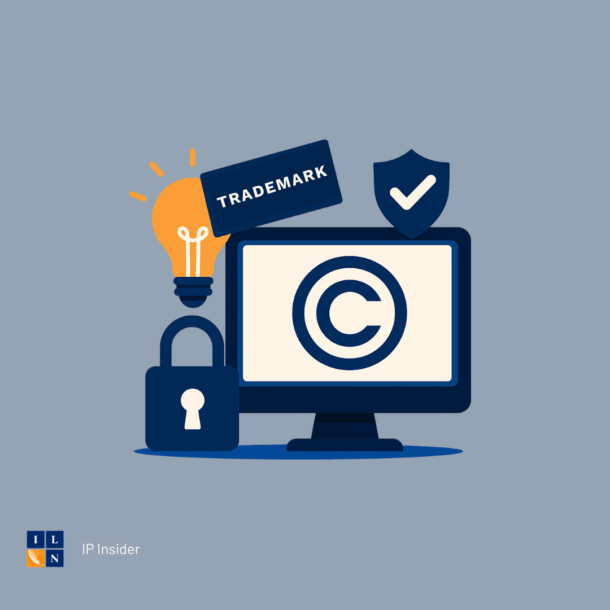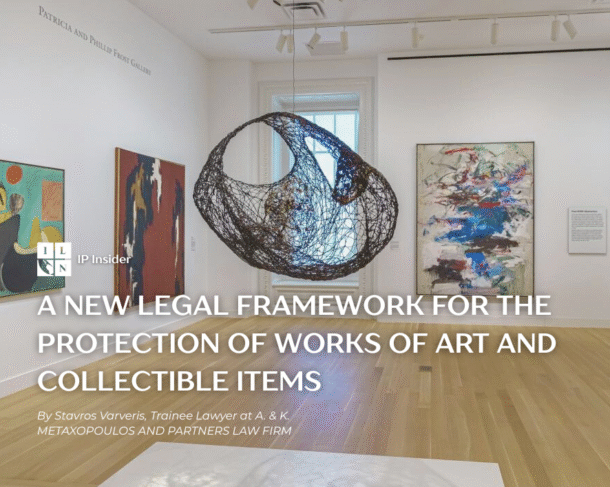
By Stavros Varveris, Trainee Lawyer at A. & K. METAXOPOULOS AND PARTNERS LAW FIRM
Law No. 5271/2026 introduces a new specialized legal framework combining administrative and criminal regulation for the prevention and repression of art forgery, the protection of the physical integrity of works of art and collectible items, and the establishment of certified expert mechanisms for authentication.
Until now, the criminal treatment of art forgery relied exclusively on the general provisions of the Greek Penal Code on fraud and forgery. In this context, the establishment of criminal liability generally required the completion of a financial transaction and proof of pecuniary damage or deception of a third party, a requirement that significantly limited the effectiveness of the existing framework for such offences.
The new law operates as a lex specialis and introduces autonomous criminal offences covering the manufacture or alteration of counterfeit works of art, their distribution, exhibition or commercial placement, as well as possession with intent to distribute. The completion of economic fraud is therefore no longer a prerequisite for criminal liability.

